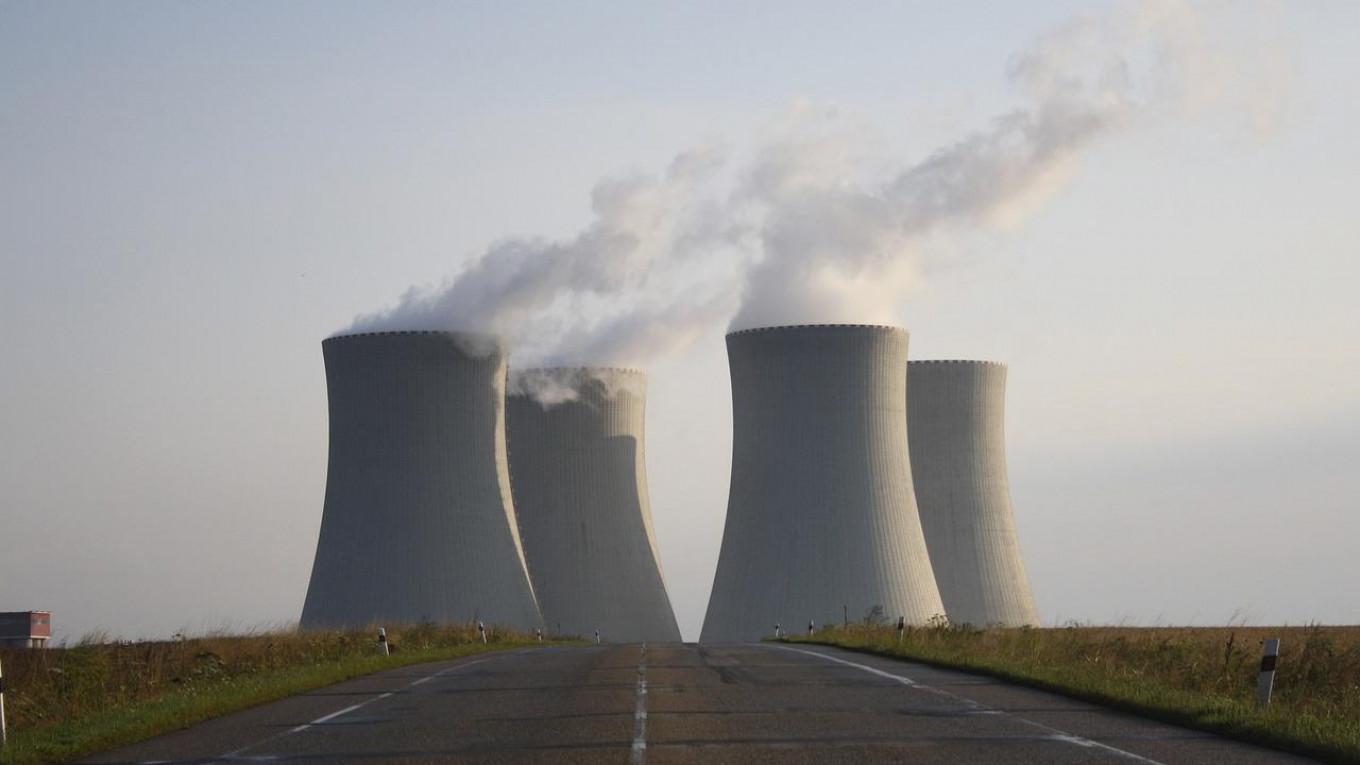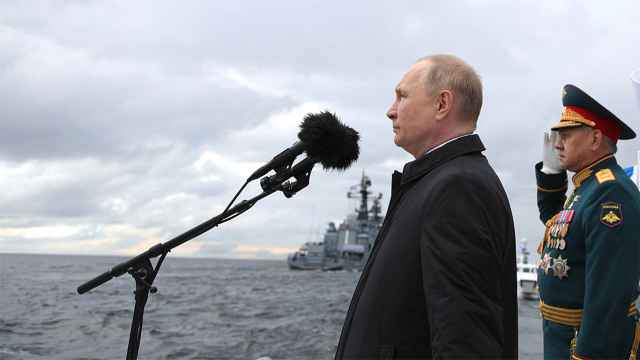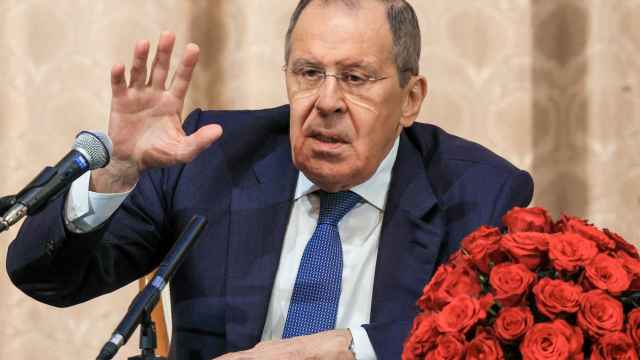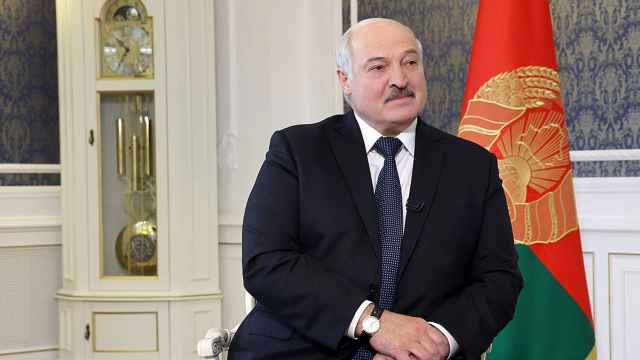Just weeks after Russia’s nuclear energy corporation said radiation levels were normal, the country’s meteorological service said it had registered extreme levels of radiation in the Urals two months ago.
European radiation monitors detected a cloud of radioactive material originating in Russia’s southern Urals over two dozen European countries in late September and early October. The material could have come from “a spent nuclear fuel reprocessing or the production of radioactive sources."
Russia’s state nuclear corporation Rosatom said the release of the radioactive material, known as Ruthenium 106 or Ru-106, was natural background radiation, the state-run RIA Novosti news agency reported at the time.
But on Monday, Russia’s Federal Meteorological Service said it had registered extreme levels of Ru-106 across several locations in late September. The highest levels of the radioisotope — 986 times the norm — were located in Chelyabinsk region, the site of the Mayak nuclear facility.
Mayak makes components for nuclear weapons and processes spent nuclear fuel. One of its storage facilities exploded in 1957 — a fact that went unreported until three decades later.
In a statement issued on Tuesday, Mayak said it was not the source of the excess Ru-106 concentration.
The Russian branch of environmental NGO Greenpeace said it planned to ask prosecutors to launch an inquiry into whether officials had concealed a nuclear incident.
“Even taking into account that the observed concentration over Europe is small, tens of millions of people were impacted, and some of them will no doubt have health problems,” it said in a statement on Monday.
Meanwhile, Chelyabinsk officials played down the dangers of excess radiation, saying they would have been ordered to evacuate if the levels were dangerous.
“The sources of this damaging information are in France, where there’s a nuclear waste processing facility that competes with our Mayak,” Yevgeny Savchenko, the region’s public security minister, told the regional news website Ura.news.
“This raises certain flags."
A Message from The Moscow Times:
Dear readers,
We are facing unprecedented challenges. Russia's Prosecutor General's Office has designated The Moscow Times as an "undesirable" organization, criminalizing our work and putting our staff at risk of prosecution. This follows our earlier unjust labeling as a "foreign agent."
These actions are direct attempts to silence independent journalism in Russia. The authorities claim our work "discredits the decisions of the Russian leadership." We see things differently: we strive to provide accurate, unbiased reporting on Russia.
We, the journalists of The Moscow Times, refuse to be silenced. But to continue our work, we need your help.
Your support, no matter how small, makes a world of difference. If you can, please support us monthly starting from just $2. It's quick to set up, and every contribution makes a significant impact.
By supporting The Moscow Times, you're defending open, independent journalism in the face of repression. Thank you for standing with us.
Remind me later.






